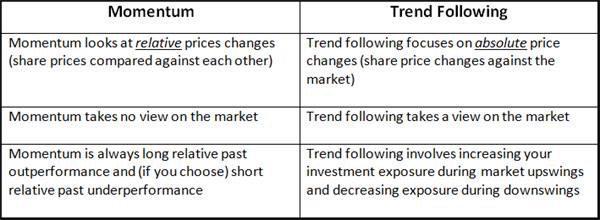
The best pie chart ever


 Self-sabotage occurs in trading in many instances:
Self-sabotage occurs in trading in many instances:
1) When you know you should follow the ten tasks of trading, but you don’t.
2) When you know you need to determine if your system will really work, but you just trade it anyway.
3) When you know you should develop a business plan for your trading, but somehow that just seems like too much work.
4) When you know you need to put a stop loss order in on a trade, but you don’t.
Hmm, guilty as charged.
I have yet to hear anyone say, “I don’t make money picking stocks – I make money by cutting my losses short and letting my profits run. And more importantly, I meet my investment objectives through the judicious use of position sizing.”So, less focus on the system – more focus on self and self discipline.

Risk management- Plan your loss before planning your profit.
Diversification- Be bullish, be bearish, be involved in various groups/markets.
Proper Position Sizing- Trade small, trade safe.
Effective Trading Plan- Make sure your plan works, and/or makes money.
Cutting Losses Short- Enter a trade that offers a small loss.
Letting Winners Run- Don’t kill your winners.
Curbing Your Emotion- This is a bi product of trading small.
Recommendation: Give your account the same foundation so you can participate in the activity above.
Long: My rules
Short: My emotion


“[Michael Marcus] also taught me one other thing that is absolutely critical: You have to be willing to make mistakes regularly; there is nothing wrong with it. [He] taught me about making your best judgment, being wrong, making your next best judgment, being wrong, making your third best judgment, and then doubling your money.”
– Bruce Kovner, Market Wizards
Bruce Kovner, now retired, is one of the all-time trading greats.
His observation is strikingly similar to the Soros observation (paraphrase): “It doesn’t matter how often you are right or wrong — what matters is how much you make when you are right, versus how much you lose when you are wrong.”
In many ways trading is remarkably different from any other profession. Imagine if doctors, lawyers, or company executives were encouraged to “make mistakes” on a regular basis. (They do make mistakes of course. They just can’t admit them, let alone be open about them.) (more…)